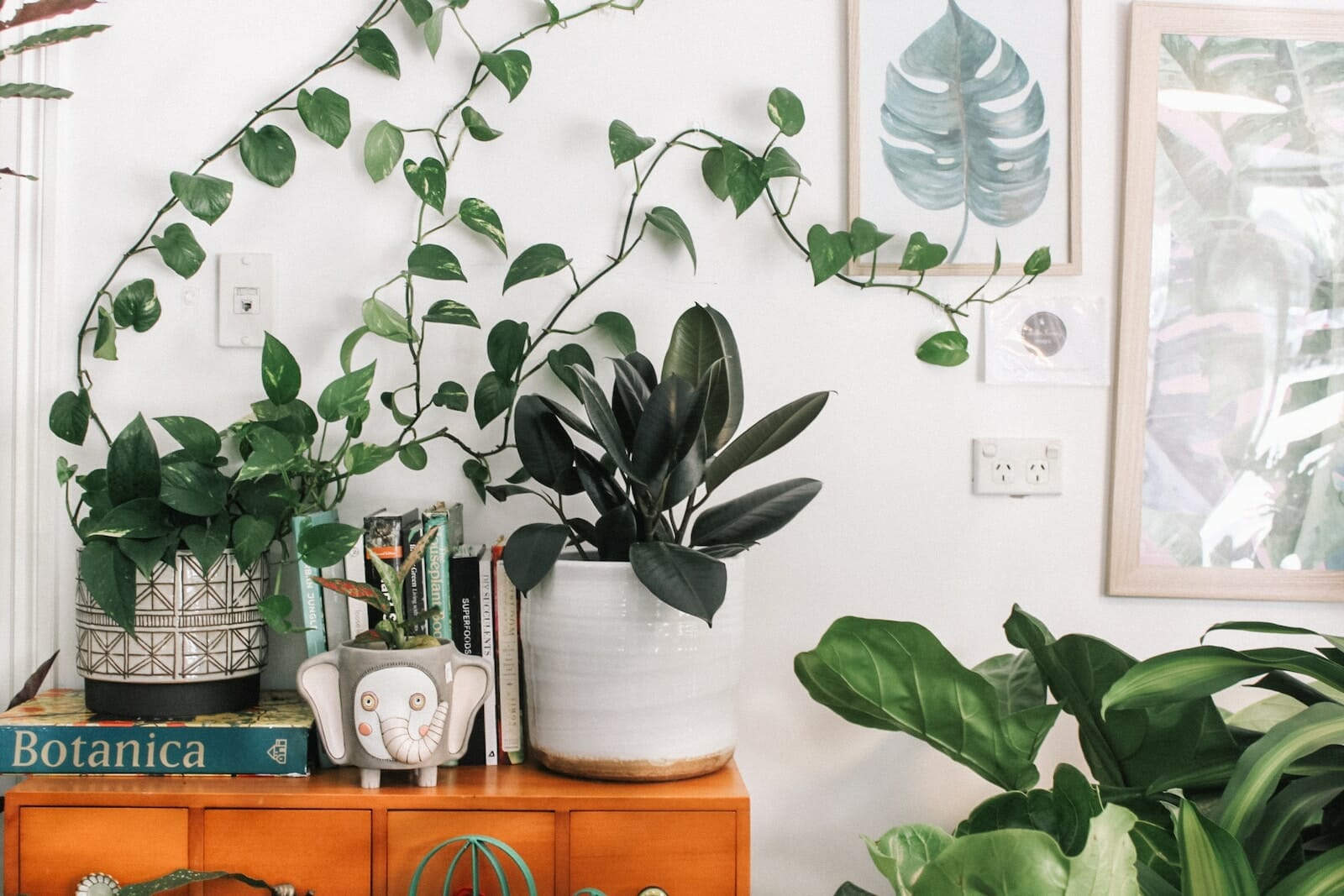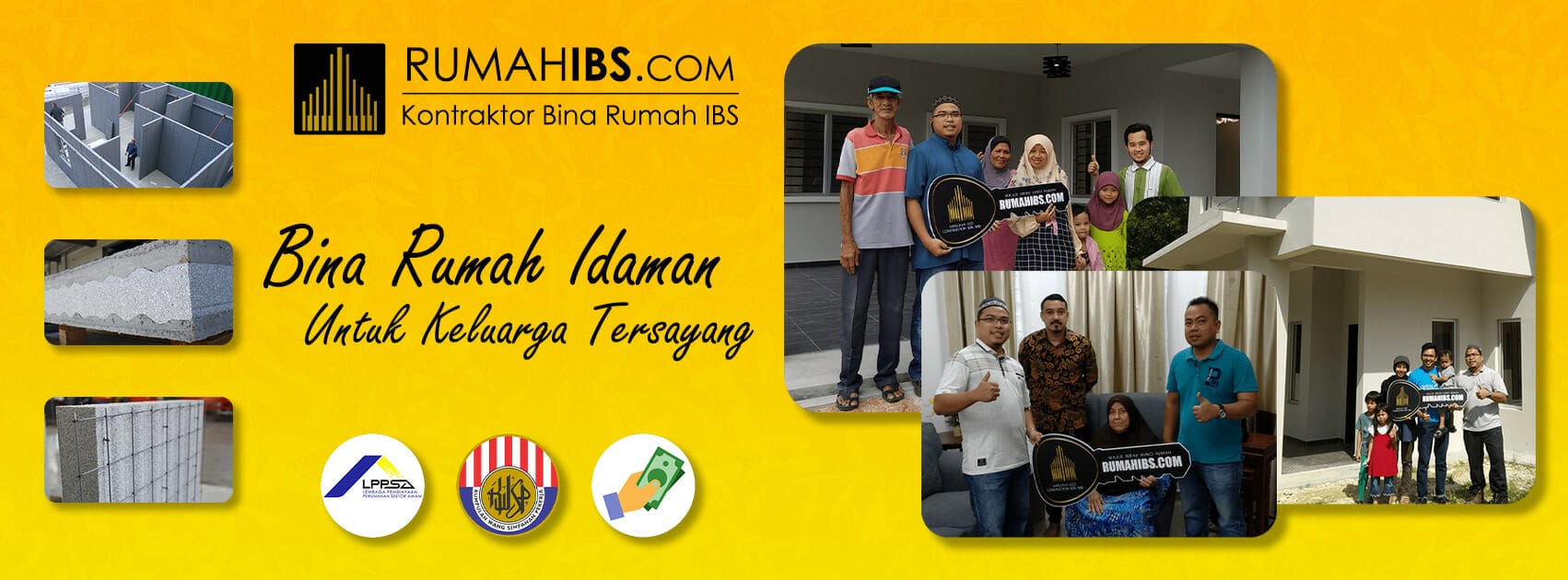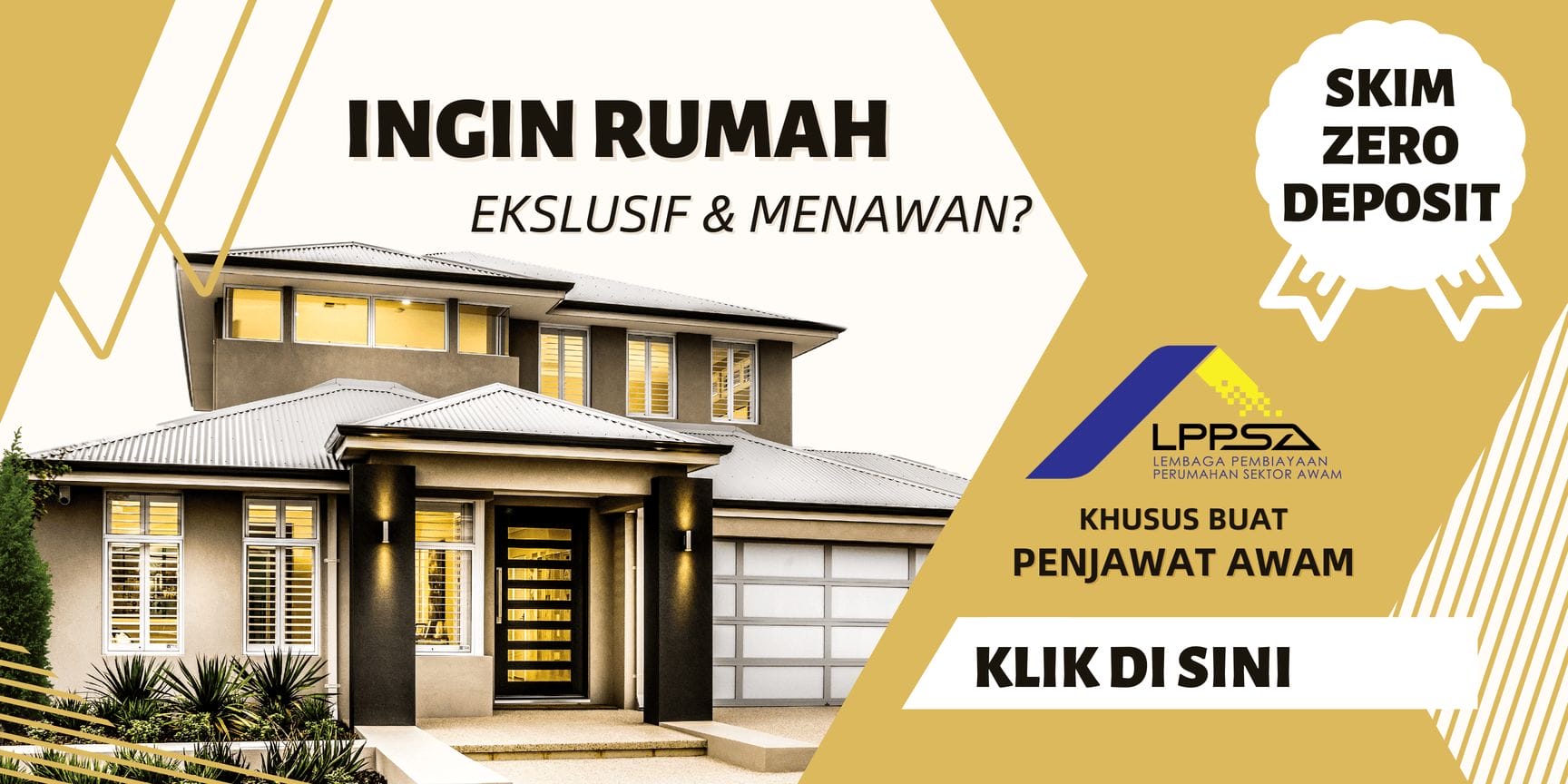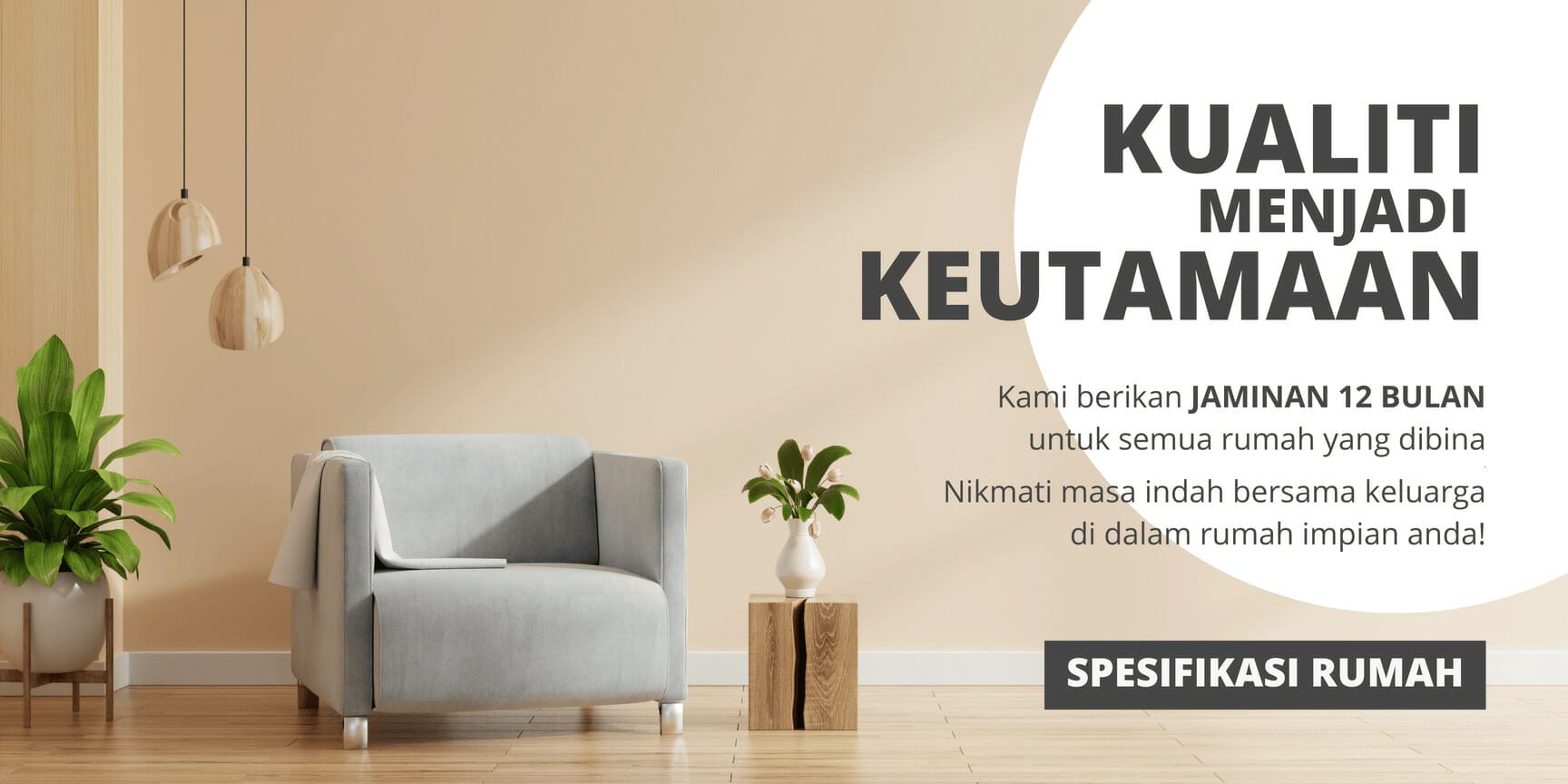Popular questions about house building in Malaysia
- What are the main steps involved in building a house in Malaysia?
- What permissions and approvals are needed to build a house in Malaysia?
- How much does it cost to build a basic 3 bedroom terrace house in Malaysia?
- What are the best locations to build a house in Malaysia?
- What are the pros and cons of using a developer versus building your own house in Malaysia?
- How long does it take to build a house in Malaysia typically?
- What styles of houses are most popular to build in Malaysia?
- What are the main costs involved in building a house in Malaysia?
- Is it cheaper to build your own house or buy a ready-made one in Malaysia?
- What are the latest housing construction trends in Malaysia?
What are the main steps involved in building a house in Malaysia?
The main steps involved in building a house in Malaysia are:
- Research and planning – This involves deciding on the type of house, budget, location, layout, materials etc. Doing thorough research is crucial at this stage.
- Buying land – This step involves identifying and purchasing suitable land for your house. The location, land size and pricing are key factors.
- Applying for approvals – Various approvals need to be applied for like development order, building plan approval, developer license etc. from local authorities.
- Hiring contractors – Reliable and experienced contractors need to be hired for design, construction, materials supply, labor etc. Get several quotes.
- Construction and building – The actual construction starts once approvals and contracting are complete. Regular site supervision is required during the construction phase.
- Inspections – At various stages during construction, inspections will be carried out by engineers, architects and local authorities.
- Certification – Once the house is complete as per approved plans, certificates of fitness for occupation are issued by authorities.
- Interior design and finishing – Finishing touches like painting, fittings, electrical points, plumbing are done at this final stage.
- Moving in – Once certified fit for living, it’s time to move into your new home!
Proper planning and monitoring at each stage is crucial for a successful house building project in Malaysia. Leverage experienced contractors and architects to ensure quality and efficiency.
What permissions and approvals are needed to build a house in Malaysia?
Building a house in Malaysia involves obtaining permissions and approvals from various authorities. The key approvals required are:
- Development order – Approved by the local town and country planning department. This allows for land use conversion and approves the number of units to be built.
- Building plan approval – Detailed structural plans need to be submitted and approved by the local municipal council. This ensures compliance with building codes and regulations.
- Developer’s license – For projects above 4 units, a developer’s license is required from the Housing Development Board. This regulates the marketing and development aspects.
- Road and drainage approval – Local municipalities need to approve the plans for access roads and stormwater drainage for the project.
- Septic tank approval – If septic tanks are planned, approval is required from the Sewerage Services Department.
- Certificate of fitness for occupation – Issued once the project is fully completed as per regulations and fit for occupation.
- State support letter – For Bumiputra quota properties, approval letter from the state authority is required.
- Consent from neighbors – Neighbors need to provide no-objection letters if the project potentially impacts them.
- Utility supply approval – Approval and activation of water, electricity and telecom connections need to be planned.
It is important to apply for these approvals well in advance. Any delays can potentially impact the overall project timeline and budget. Hiring experienced contractors is advisable to ensure smooth planning and compliance.
How much does it cost to build a basic 3 bedroom terrace house in Malaysia?
The cost of building a basic 3 bedroom terrace house in Malaysia can range from RM150,000 to RM300,000 depending on location and specifications used.
Some of the key factors affecting the cost are:
- Land price – This could be RM50,000 to RM100,000 for a 20×70 ft terrace lot. Land prices vary across states.
- Construction costs – The cost per sq ft for a simple terrace house starts from RM100. This covers basic structure work.
- Finishes and fittings – Using quality finishes like tiles, cabinets, lighting etc can cost RM50-RM100 per sq ft.
- Professional fees – Architect and engineering design fees are typically 2-5% of total cost. Approval fees apply too.
- Infrastructure – Building access roads, drains, septic tanks etc could cost RM10,000-RM30,000 depending on site conditions.
- Contingencies – Keep 5-10% buffer for unforeseen delays or cost overruns during construction.
So for a very basic 1100 sq ft terrace house, the construction cost would be RM150,000 (RM100 per sq ft with RM50,000 land price).
For better quality finishes and fittings, the total cost could easily reach RM250,000-RM300,000 for a terrace house of this size. Location is also a major price factor.
What are the best locations to build a house in Malaysia?
Some of the best locations to build a house in Malaysia based on key criteria are:
Klang Valley – Strong infrastructure and amenities make Klang Valley ideal. Areas like Bangi, Shah Alam, Putrajaya, Cyberjaya within Klang Valley are popular. Connectivity is excellent.
Penang – With well-developed infrastructure and proximity to amenities, Penang Island and Seberang Perai are great options in the north.
Iskandar Malaysia – The development in Iskandar Johor makes this southern region very appealing. Roads, healthcare, education hubs planned.
Sabah and Sarawak – Major cities like Kota Kinabalu and Kuching are good picks for modern facilities despite higher costs.
Smaller towns – Locations like Taiping, Teluk Intan, Seremban can offer landed housing at lower price points.
Key criteria to consider:
- Access to business hubs, schools, healthcare
- Developed infrastructure – roads, utilities, public transport
- Supporting amenities – shops, parks, police, fire stations
- Land prices and availability of titles
- Internet connectivity
Selecting the right location is crucial because it directly impacts long term value and livability. Analyze all factors before deciding on the ideal location.
What are the pros and cons of using a developer versus building your own house in Malaysia?
There are pros and cons to using a developer versus building your own house in Malaysia.
Pros of using a developer:
- Faster process as they manage all approvals
- Professional project management expertise
- Quality can be better controlled
- coordinated construction and completion
- Access to bank loans and payment schemes
Cons of using a developer:
- Less customization options
- Limited house designs to choose from
- Higher overall costs
- Location dictated by developer
Pros of building your own house:
- Complete customization as per your needs
- Flexibility in house design and layout
- Potentially lower cost
- Control over location and neighborhood
- Personalized selection of materials and finishes
Cons of building your own house:
- Complex process involving multiple approvals
- Lack of expertise in project management
- Coordination with multiple contractors difficult
- Delays and quality control issues can happen
- Stressful process if not planned properly
Going with an experienced developer simplifies the process but gives less control. Building your own home takes effort but gives design flexibility. Analyze priorities carefully.
How long does it take to build a house in Malaysia typically?
On average, it takes between 12 to 24 months to fully complete house construction in Malaysia.
The key phases with typical timelines are:
- Planning and approval – 3 to 6 months
- Land purchase – 1 to 3 months depending on title availability
- Tender process – 1 to 2 months
- Construction – 7 to 12 months
- Completion and handover – 2 to 3 months
Several factors affect the overall construction timelines:
- House size and complexity – Larger houses take longer
- Location and site conditions – Challenging sites add delays
- Materials used – Concrete homes are faster than brick
- Contractor efficiency – Experienced contractors are faster
- Weather conditions – Heavy rains can delay work
- Approval delays – Unexpected delays do happen
Proper planning and maintaining contingencies for delays can help manage timelines efficiently. Using an experienced developer can help minimize unforeseen delays through professional project management.
For simple terrace houses, construction can finish within 12 months efficiently. Luxury bungalows with extensive detailing can take over 18-24 months. Allow flexibility in your timelines.
What styles of houses are most popular to build in Malaysia?
Some of the most popular house styles preferred by Malaysians are:
Terrace houses – Terraced units are the most common as they are affordable. Different widths like 20 x 70, 22 x 75 available.
Semi-detached houses – A spacious option desired by many. Typically have 5 bedrooms and 3 baths.
Bungalows – Luxury option with highest built-up freedom. Land size above 8000 sq ft.
Townhouses – Multi-storey units with compact layouts. Usually have 3 to 4 bedrooms.
Water villas – Gaining popularity in coastal projects. Stilt homes with sea access.
SOHO/SOVO – Small office or studio homes popular with investors and small families.
Condominiums – High rise units with facilities. Come in studio, 1-3 bedroom layouts.
Kampung-style houses – Traditional Malay houses on stilts with serambi. Made of wood.
Modern minimalist – Contemporary designs in white and glass dominant.
Tropical designs – Utilize verandahs, overhangs and natural ventilation.
Location, budget, family size and lifestyle influence the choice of house style. Terrace houses remain the top choice for most buyers in Malaysia.
What are the main costs involved in building a house in Malaysia?
The main costs involved in building a house in Malaysia include:
- Land cost – This could range from 20% to 50% of total cost depending on location. Land sizes vary by type of housing.
- Construction cost – Depend on specs used. Range from RM100-RM300 per sq ft for materials, labor, contractor fees.
- Professional fees – Architect, engineer, surveyor fees are typically 2-5% of total cost.
- Approvals and permits – Local authority submission and approval fees apply based on project size.
- Infrastructure – Includes access roads, drains, sewerage, utility connections. Costs RM10,000 onwards.
- Finishes and fittings – Floor and wall tiles, bathroom fittings, kitchen cabinetry, lighting, etc.
- Taxes – Need to budget for stamp duties, legal fees and taxes which apply for land transfer and loans.
- Misc costs – Transport, temporary site office, insurance, consultancy etc.
- Contingencies – Should budget 5-10% extra for unexpected delays and costs.
For a RM500,000 terrace house, land could be RM150,000, construction RM200,000, fittings RM80,000 and the rest for fees, taxes and contingencies.
Is it cheaper to build your own house or buy a ready-made one in Malaysia?
Whether it is cheaper to build your own house or buy a ready-made one in Malaysia depends on several factors:
Cost factors favouring building:
- Land purchase direct from owner cheaper
- Avoid developer margins and interest costs
- Can design home to control costs
- Construction costs can be managed directly
Cost factors favouring ready-made:
- Don’t have to purchase land separately
- Benefit from developer bulk negotiated rates
- Pay by instalments without own capital needed
- Professional project management by developer
Non-cost factors favouring building:
- Full customization as per needs
- Flexibility in layout, design, fittings
- Personal involvement and satisfaction
Non-cost factors favouring ready-made:
- Faster occupancy within 1-2 years
- Risks managed by developer
- Easy financing options
- After-sales service and repairs
Overall, building your own basic terrace house can cost 10-20% less than a ready-made one with similar specs. However, for larger luxury homes, ready-made options may be cheaper due to bulk scale developer savings. Consider all factors before deciding.
What are the latest housing construction trends in Malaysia?
Some key trends shaping housing construction in Malaysia currently are:
- Smaller units – Due to rising costs, developers are building more studios and compact 1-2 bedroom units.
- Sustainability – Green building material, solar panel usage, rainwater harvesting are becoming more popular.
- Smart homes – Home automation for lighting, curtains, sensors using phones are in demand.
- Accessibility – Barrier-free universal design for elderly are now mandatory in new projects.
- Co-living – Shared communal housing with compact rooms and large shared spaces.
- Industrialised Building System (IBS) – Prefab and modular construction methods to improve quality, reduce labor.
- Neo-traditional designs – Modern interpretations of classic kampung-style homes.
- High-rise homes – Apartments in high density urban zones to optimize land use.
- Integrated developments – Self-contained projects with housing, offices, shops, parks and amenities.
- Technology usage – Apps, drones, 3D printing and big data analytics for planning.
Developers are focusing on efficient designs catered for different demographics. Technology and automation are improving quality and reducing costs.
Key Takeaways
- Obtaining approvals from multiple authorities is crucial before starting construction.
- Good contractor selection ensures efficient quality delivery within budget and timelines.
- Location impacts pricing significantly apart from livability and long term value.
- Terrace houses are the most popular but higher-end semi-Ds and bungalows are gaining demand.
- Industrialized construction systems are improving efficiency but costs are still dominated by land prices.
Conclusion
- House building involves extensive planning to get approvals, design, contractors and materials right.
- Getting expert help in the form of architects and project managers is advisable, especially for first-timers.
- Construction costs vary based on location and specifications chosen. Luxury finishes add to costs substantially.
- Market demand has shifted towards smaller units but landed houses remain desirable.
- Technology is playing a bigger role in ensuring quality, timely construction and delivery.
kontraktor rumah
bina rumah
pinjaman lppsa
pengeluaran kwsp
spesifikasi rumah
pelan rumah
rekabentuk rumah
bina rumah atas tanah sendiri
kontraktor rumah selangor









